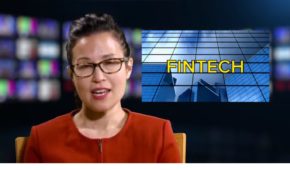 |
| Sara Hsu |
Sara Hsu:
In 2018, the growth of China’s peer-to-peer (P2P) lending sector dramatically reversed: 1,407 internet platforms that offered P2P lending services shut down due to increased regulation between July 2017 and June 2018. This year, the government has continued to lead a reorganization of the industry:
-
More companies will die: As of February 17, only 60 percent of online lending institutions had disclosed their operational information for January 2019, including five problematic platforms.
-
However, the current asset quality of the online lending industry has improved significantly according the data from firms that did report.
-
As of the end of January 2019, the accumulated amount of the online P2P online loan industry was about 7.78 trillion yuan ($1.16 trillion). The total loan amount in January was 91.4 billion yuan ($13.61 billion), down 55.1 percent year-on-year and down 1.3 percent from the previous month.
-
Further consolidation of industry players is certain. Some experts quoted in media reports predict that the scale of future online loans will continue to shrink because of regulation.
-
Some listed companies, such as Aoma Electric and Panda Financial Companies, have abandoned their P2P businesses.
Sara Hsu is a speaker at the China Speakers Bureau. Do you need her at your meeting or conference? Do get in touch or fill in our speakers' request form.
Are you looking for more financial analysts at the China Speakers Bureau? Do check out this list.




